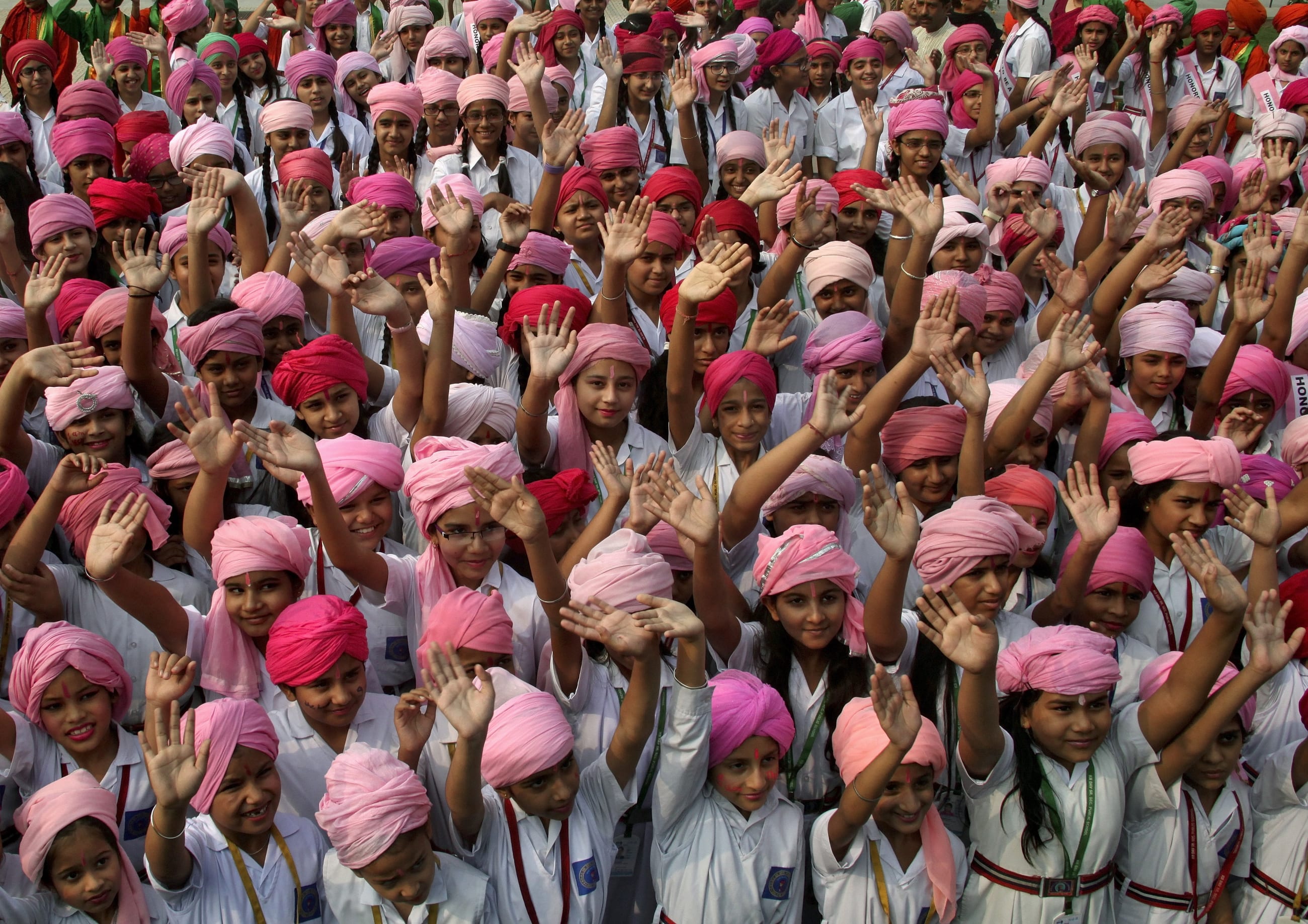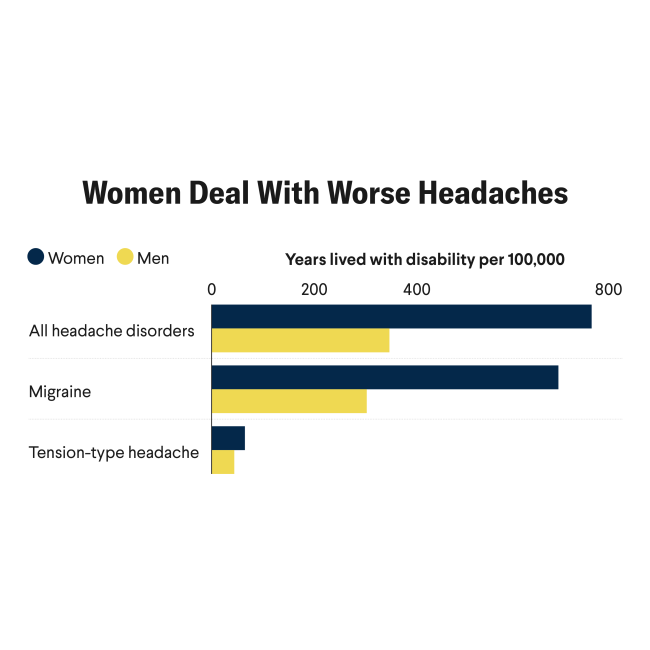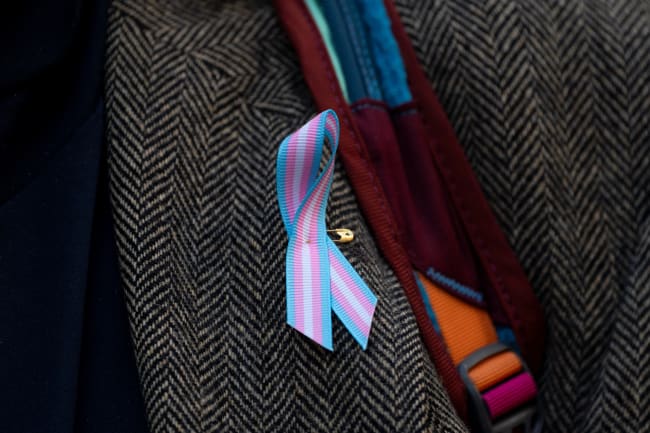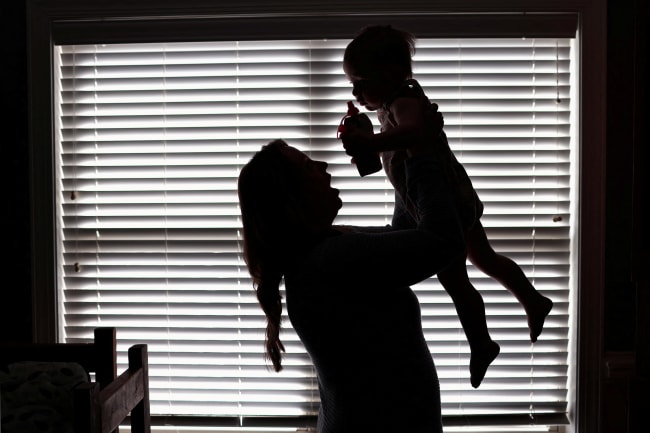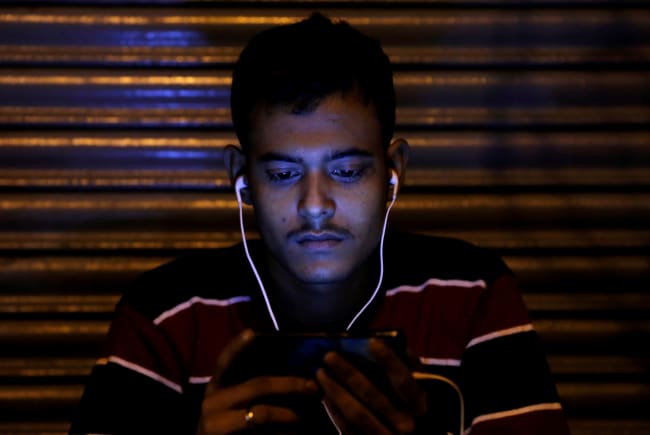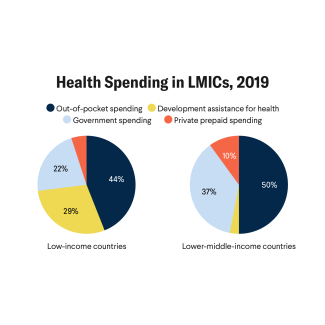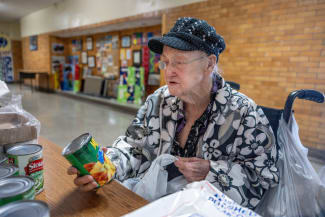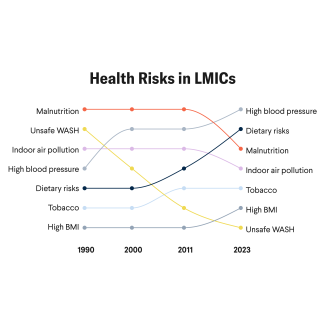Approximately 800 million women menstruate every day across the globe. The COVID-19 pandemic, however, changed how women manage their periods. Period poverty—including the lack of access to menstrual products, menstrual education, toilets, and hand washing facilities—intensified when lockdowns and economic changes hit countries. Low-and-middle income countries were especially affected, and some communities in higher-income nations were, too.
Girls and women have had more challenges accessing menstrual products, menstrual education, and toilets during COVID-19 lockdowns
But some global and country-specific responses to menstrual health during the COVID-19 pandemic—including call-to-action campaigns, policy change at the global level, and targeted direct interventions at the country level—addressed period management and health. India, among others, has made some notable advances.
Global Initiatives
Amidst the gloom of the pandemic, there are stories of innovation and outreach by individuals, civil society, development organizations, governments, and global institutions that advanced understanding and support for menstruating people. For example, to tackle stigma and improve access to information, Pandemic Periods, a group of passionate global volunteers, collaborated to raise the visibility of sub-optimal menstrual health to keep the issue in focus during the pandemic. To ensure access to period products, initiatives were implemented by self-motivated individuals including Deane De Menezes from Mumbai, India, and Yanique Branford from Canada, as well as self-funded initiatives like End Period Project of the Haiti Cholera Research Funding Foundation, and a group of NGOs in Chile.
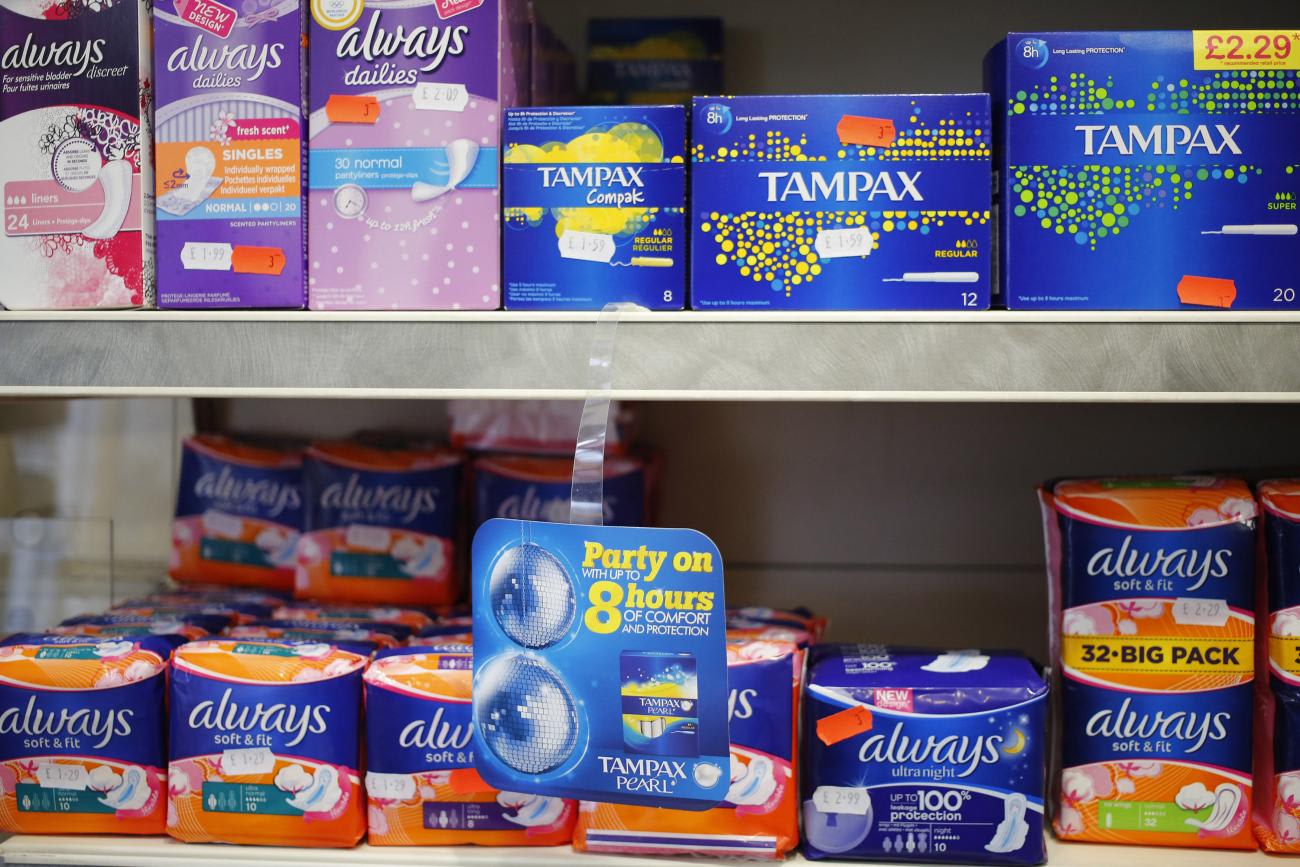
Governments took action, too, including the government of Scotland, which became the first nation in the world to make menstrual products free to all women at designated public places as of November 2020. Similarly, in October 2020, France announced plans to set up free, organic period product dispensers in high schools. Mexico made menstrual products free to elementary through higher education institutions in early 2021. The United States expanded the COVID aid package to allow people to use their health spending accounts to include menstrual materials.
These initiatives build on pre-pandemic advocacy efforts to remove sales taxes on menstrual-related products. Global development coalitions—including the Global Menstrual Collective, MH Hub, and MH Day—spurred collaborative action and advocacy on menstrual health interventions, and research on menstrual health in response to the pandemic.
India Initiatives
As with global initiatives, the overarching focus in India was to increase access to sanitary pads during lockdown periods. While emergency supplies were undoubtedly essential, the need for high-quality hygienic products, information, and health-care services continued (and perhaps even intensified) in the post lockdown phase. And important takeaways can be gleaned from responsive interventions in India that looked at improving menstrual health during the pandemic. Information delivery platforms were re-envisioned as seen in digital platforms Myna Health App and the Hello Saheli telephone helpline, which provided needed information on menstrual hygiene, as well as on menstrual health, and sexual and reproductive health. The apps and helplines provided essential information on menstruation, the menstrual cycle, menstrual problems, and hygienic use of products. Helplines also connect callers to medical professionals as needed.
Local community networks like mother's groups, adolescent groups, women's groups, self-help groups, also mobilized to provide much needed direct support, including information and access on products and access to peers in the community when external information sources were cut off. Some initiatives expanded the menstrual hygiene product landscape to include reusable products (such as cloth pads and menstrual cups) and promoted informed choice for product use.
The government of Madhya Pradesh—a large state in central India—was proactive in its response to women during the COVID-19 pandemic. It provided comprehensive information on the use of homemade cloth pads. This involved training approximately 90,000 frontline workers on cloth pad making and hygienic use, and it enabled girls (who primarily used sanitary pads) to make and use cloth pads hygienically, when they did not have access to, or could not afford, sanitary pads.
Madhya Pradesh, a large state in central India, provided comprehensive information on the use of homemade cloth pads during the COVID-19 pandemic
Most importantly, there was an encouraging shift from a focus on menstrual hygiene management to a discourse on menstrual health. Menstrual health alludes to physical, social, and emotional well-being related to the menstrual cycle and facilitates deeper linkages between menstruation and sexual and reproductive health and rights. Organizations such as Uninhibited and Myna Mahila Foundation have learned from the pandemic experience to expand their scope of work to include the larger realm of sexual and reproductive health and rights, while continuing work on menstrual health and hygiene. This connection is critical for emergencies and beyond, where girls, women, and persons with gender diverse identities experience menstrual problems and disorders, contraceptive induced menstrual changes, and gender-based violence.
Overall, the pandemic unequivocally makes the case for reimagining, strengthening, and expanding menstrual health interventions by placing the well-being of persons who menstruate at the center. For this, we propose five considerations:
- Reevaluate and reframe how to reach all those who experience menstruation (girls, women and transgender persons) and marginalized groups with information, services, and support in a sustained and meaningful manner;
- Bring the rights of individuals who menstruate to the forefront, particularly with regard to product choice, bodily autonomy, and access to supportive facilities;
- Leverage the moment to step away from siloed delivery of interventions to linking with the larger agenda for sexual and reproductive health and rights;
- Explore collaborations, coordination, and cross-learning in order to scale up good practices;
- Encourage and support donors and channel financial support to benefit wider populations, while ensuring that the most vulnerable do not slip through the gaps.
AUTHORS' note: The authors refer to menstruators as all people who menstruate including girls, women, and transgender persons/persons with gender diverse identities. However, much of the research, programmatic and policy work looks at menstrual health in the context of girls and women of reproductive age, so the language in the article is used as such.
ACKNOWLEDGEMENT: This article was developed drawing from an online session titled Periods Don't Pause for a Pandemic. This session was a part of an event, The Forgotten Amidst the Pandemic at Charcha 2021, the annual convening of The/Nudge Forum. Both authors participated as panelists in the session. The recording of the session can be found here.
